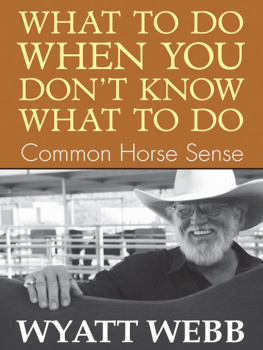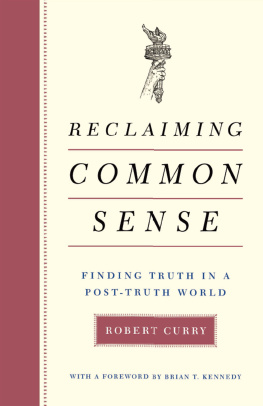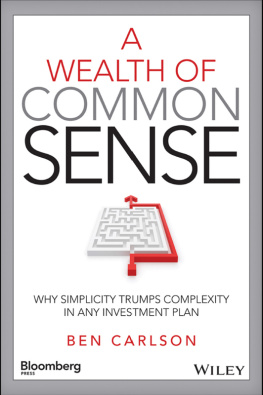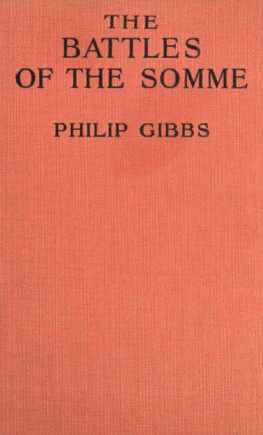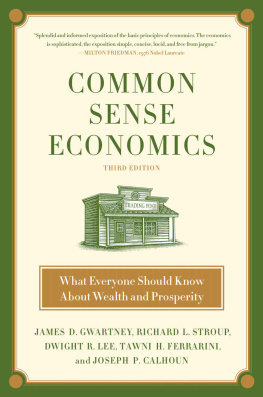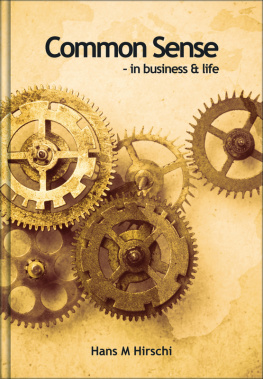S. J. Simon - Why You Lose at Bridge
Here you can read online S. J. Simon - Why You Lose at Bridge full text of the book (entire story) in english for free. Download pdf and epub, get meaning, cover and reviews about this ebook. year: 2006, publisher: Baron Barclay, genre: Children. Description of the work, (preface) as well as reviews are available. Best literature library LitArk.com created for fans of good reading and offers a wide selection of genres:
Romance novel
Science fiction
Adventure
Detective
Science
History
Home and family
Prose
Art
Politics
Computer
Non-fiction
Religion
Business
Children
Humor
Choose a favorite category and find really read worthwhile books. Enjoy immersion in the world of imagination, feel the emotions of the characters or learn something new for yourself, make an fascinating discovery.

Why You Lose at Bridge: summary, description and annotation
We offer to read an annotation, description, summary or preface (depends on what the author of the book "Why You Lose at Bridge" wrote himself). If you haven't found the necessary information about the book — write in the comments, we will try to find it.
Why You Lose at Bridge — read online for free the complete book (whole text) full work
Below is the text of the book, divided by pages. System saving the place of the last page read, allows you to conveniently read the book "Why You Lose at Bridge" online for free, without having to search again every time where you left off. Put a bookmark, and you can go to the page where you finished reading at any time.
Font size:
Interval:
Bookmark:
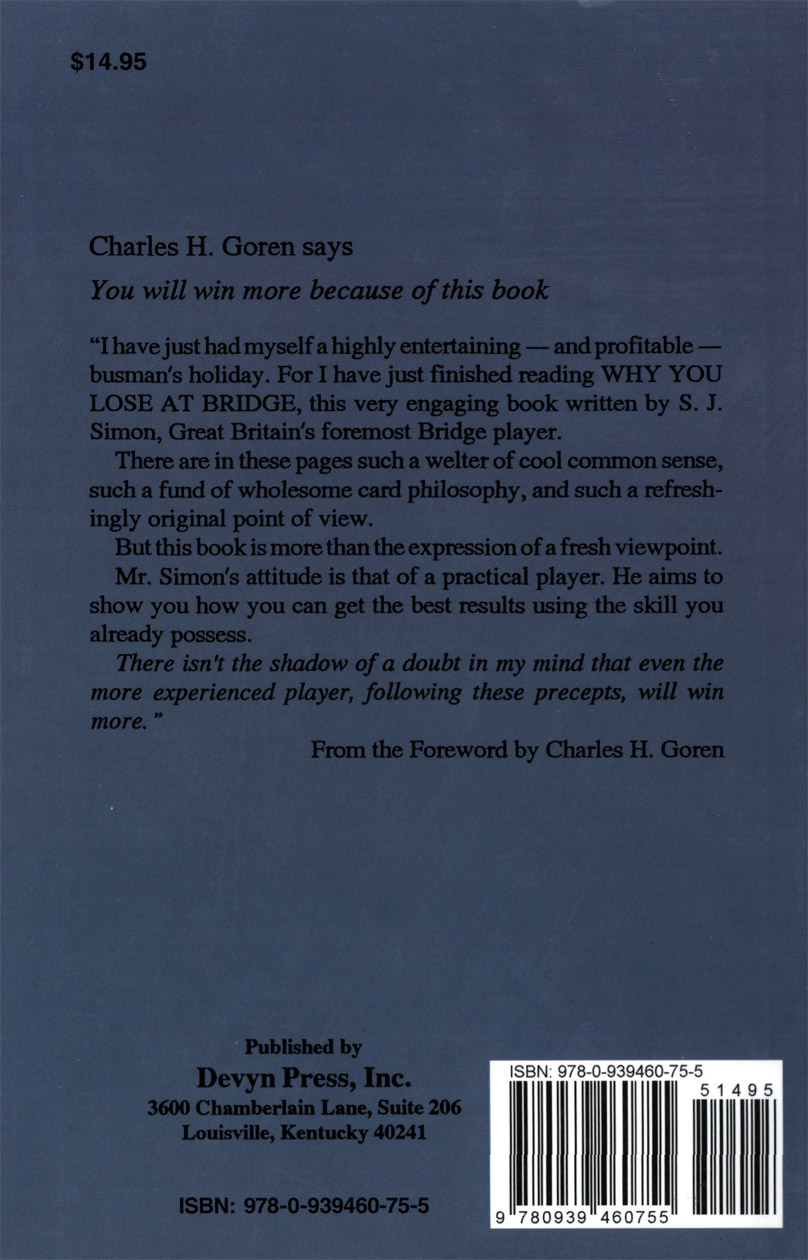
"Ignoring the Odds"
THIS CHAPTER is a lesson in simple arithmetic.
Before you skip it let me ask you a question.
"Do you double a contract of six Spades holding two Aces?"
If you do, don't skip it.
Because, like the great majority of Bridge players, you are mathematically oblivious.
And while you remain oblivious, you will never win at Bridge.
You will note that I have written "oblivious" rather than "ignorant." You are not mathematically ignorant. The mathematics involved in Contract Bridge are too simple for that. It is only necessary for you to become aware of them.
This chapter is an attempt to make you aware.
Mathematical apathy is one of the most fascinating sidelights on the world of cards. The mathematical factor is predominant in all major card games. All regular card players, no matter how much they may protest they play for pleasure, like to win. And yet the card player who takes the trouble to be aware of the mathematical principles involved in his game is the rare exceptionand usually a professional at that. That is why the professional makes his living so easily. It is not his superior skill that brings him the bulk of his profitit is his superior mathematical awareness.
The supreme example is Poker. Don't let anybody tell you Poker is a game of chance. Poker heads the list of card games of skill; it is not as interesting as Contract Bridge, but the element of chance is smaller.
Ask any professional who plays both. Give him his choice of playing either in weaker company. He will tell you that his percentage of winnings will be much higher at Poker. And if you ask him how much capital he needs to meet the occasional inevitable losses he will ask for less to play Poker than to play Bridge at proportionately the same stakes.
Poker offers him the maximum opportunity to exploit his skill.
And that skill is mainly mathematical.
Psychology, bluff, flair, ruthlessnessthese things help. But a Poker player may lack them all and still be a winning player as long as his betting remains mathematically correct.
Let me explain why Poker is mainly mathematical. I know that this is a book about Contract Bridge; but it won't do you any harm. And it will help you to grasp the more obscure mathematics of Contract if you already understand the glaringly obvious mathematics of Poker.
I assume you know how Poker is played. There are two betting phases. The first after the deal, the second after players, still in the pot, have bought their cards. After the deal you must decide whether the five cards originally dealt to you warrant the stake you have to expend to remain in the game:
That decision is mainly mathematical.
You must weigh the amount of your stake against the amount you stand to win and compare that, in turn, with your chances of winning it.
Say you hold four to a flush. The chances of buying a fifth card in the same suit are, approximately, 4-1 against you. Assume you decide that it is a good odds-on bet that a flush will be good enough to win this particular pot. Before you pay to play you must be sure that there is enough money already staked to offer you a return of better than 41 should you win.
It is obvious that if you keep on accepting less than 41 you will win an occasional pot that you might otherwise have missed, but you will be a big loser in the long run. If you only accept over the odds, you will miss an occasional small pot that you might have won, but you are a certain winner in the long run.
Simpleisn't it?
Clearly the same principles apply to all the other combinations and situations at the Poker table.
How much do I risk?
How much can I win?
What are my chances of winning?
And yet, believe it or not, the great majority of Poker players who turn up at their clubs night after night, pay only slight attention to odds. They are nuts on psychology and will tell you that Mrs. Winklestein always fiddles with her diamond ring when she is bluffing. But they are quite unaware what their chances are of making three Aces out of two.
They just buy three cards and hope for the best.
Or, worse still, cut their chances another 3S per cent and buy only two cards in the hope that some timid soul will subsequently believe they started with three of a kind.
Clearly even Mrs. Winklestein cannot bluff often enough to make up for that.
A great game, Poker. I must learn it some time.
Now the three principles I have mentioned for Poker apply just as forcibly to Bridge:
(a) How much can my bid or play gain?
(b) How much can it lose?
(c) What are its chances of success?
And that brings us right back to where we started.
"Do you double a contract of six Spades holding two Aces?"
"I do!"
"Why?"
"Because I think they won't make it."
"How certain are you?"
"Pretty certain. I mean, I've got two Aces.... Of course, if one of them should happen to be void...."
"Then they'll redouble, won't they?"
"I couldn't help it. Rotten luck. I had two Aces, partner. I had to double."
Who compelled you?
Stop and work out the odds a minute.
Opponents have bid six Spadeslet us say, not vulnerable. You do not anticipate setting them more than one trick. If they go down one undoubled you score 50 points. If they go down one doubled, you score 100 points.
Your prospective gain by doubling is 50 points.
And now let us look at what happens if they make it.
6 Spades undoubled......................180
6 Spades doubled........................ 410*
6 Spades redoubled.......................770*
When opponents fail to redouble you stand to gain 50 points and to lose 230. You are laying odds of more than 41 on yourself. And in these days, with all the slam bidding aids available, two Aces will certainly not defeat a slam contract in a suit more than half the time.
By doubling you are laying 41 on an even money chance.
And what happens if the contract is redoubled? You are still laying 41 for your gain is now 150 points, but your chances of success, by the mere fact of the redouble, can no longer be ranked at even money. Two to one against you is nearer the mark.
So it boils down to this. Every time you double a slam in a suit simply because you hold two Aces you are laying yourself open to giving odds of 8 to 1.
It can't be worth it.
Vulnerable, your double is slightly less dreadful. You now stand to gain 100 points if it is successful and lose only 180 points if it fails. Or 300 to 540 if redoubled. But against that the overtrick, should they make it, will cost you 200 points (or 400 redoubled). And grand slams have been made against two Aces, particularly when you lead out the wrong one.
It still can't be worth it.
Curiously enough there is a worse crime than doubling a suit slam holding two Aces, and even more curiously, it is indulged in by players who have learned enough to avoid the first excess.
That is the double which enables declarer to make a contract he might otherwise not have made by placing the missing high cards.
If you double because you hold two Aces it is not likely that you will present declarer with his contract. If he has to follow suit to both of them he will be one down and that will be that!
But if your double enables the declarer to make a contract he might otherwise not have made, you have handed him not only the extra points of the double, but the value of the game and the slam as well.
Font size:
Interval:
Bookmark:
Similar books «Why You Lose at Bridge»
Look at similar books to Why You Lose at Bridge. We have selected literature similar in name and meaning in the hope of providing readers with more options to find new, interesting, not yet read works.
Discussion, reviews of the book Why You Lose at Bridge and just readers' own opinions. Leave your comments, write what you think about the work, its meaning or the main characters. Specify what exactly you liked and what you didn't like, and why you think so.

